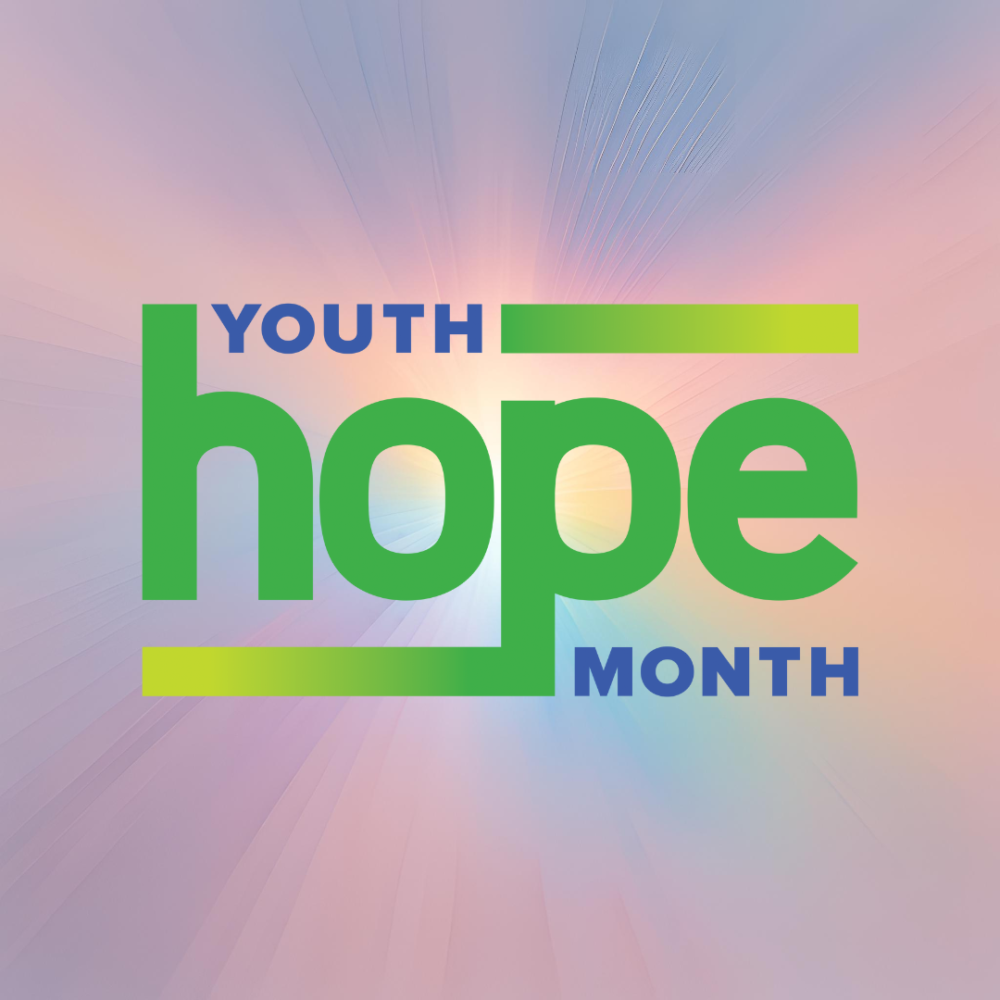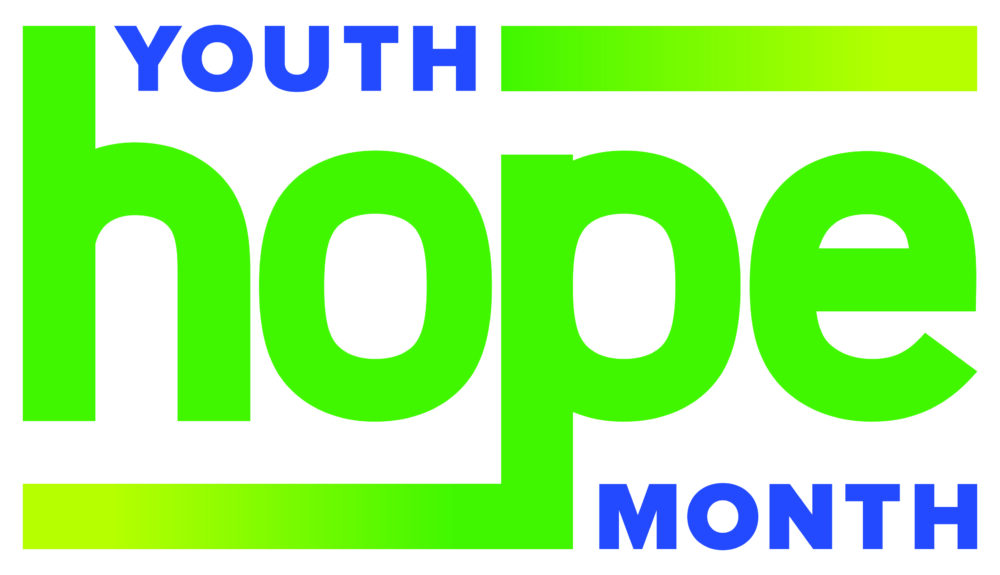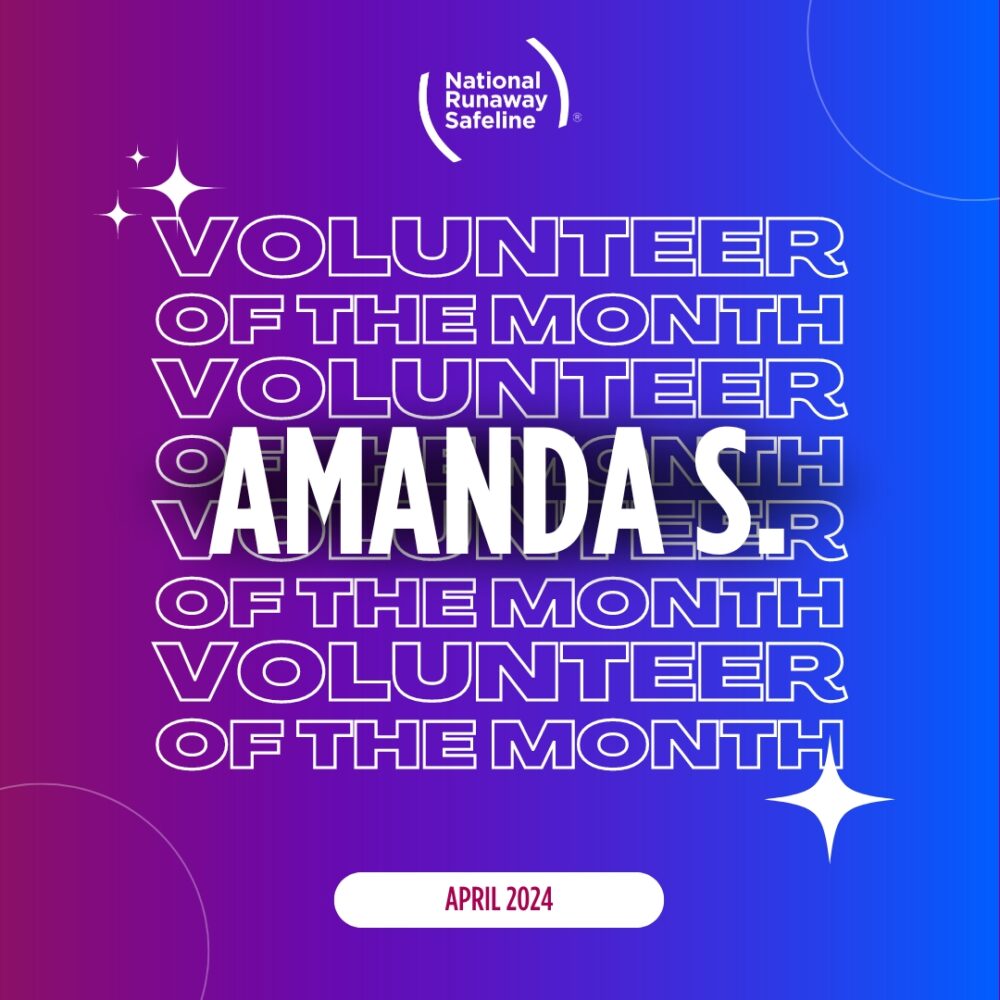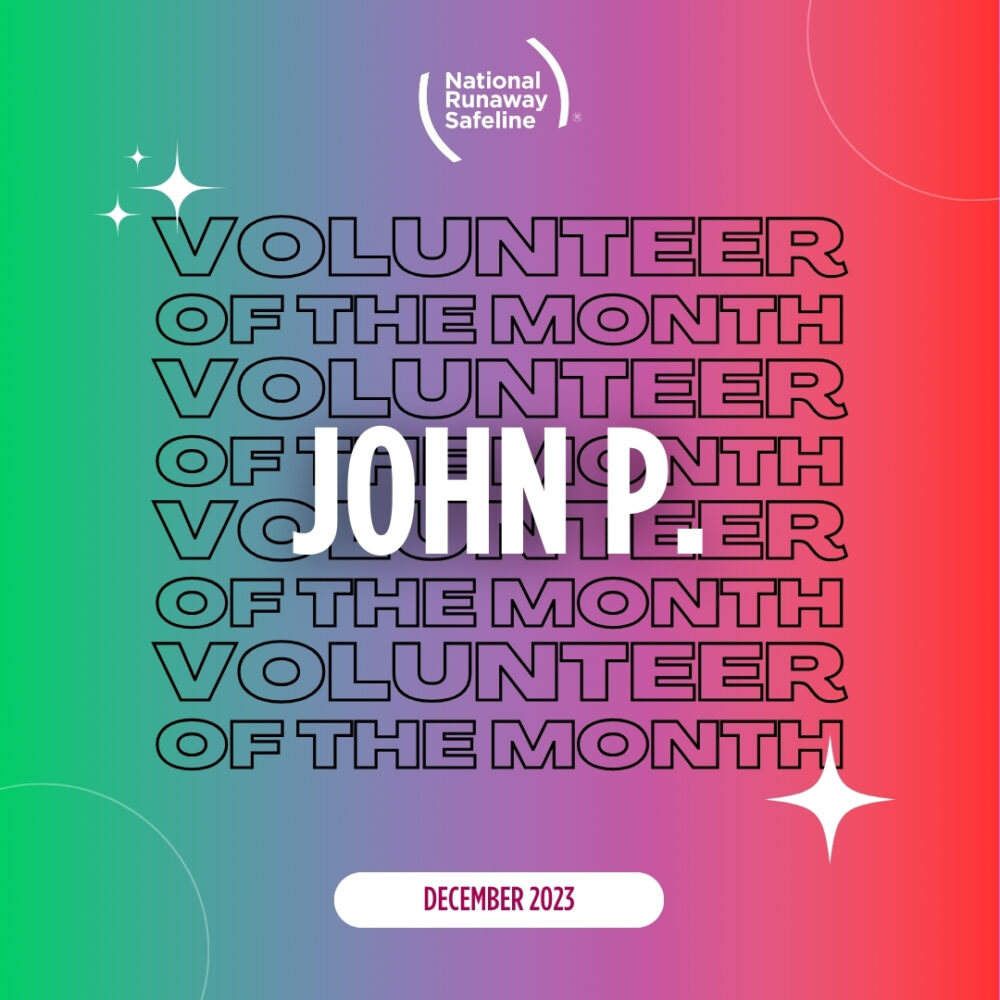Let’s Talk about Stress Reduction
Stress is damaging to a person’s mental and physical health. It can be an influencing factor in anxiety and depression and also linked to health problems like heart disease, insomnia, and problems with both digestive health and the immune system. Learning how to manage stress can improve a person’s well-being and possibly prevent dangerous situations and crises, like running away. This is important because youth who contact the National Runaway Safeline (NRS) are often in crisis which can form when a possible stressor is added to the existing challenges of being a preteen or teenager.
One way for youth to learn how to manage stress is to participate in activities from NRS’ free Let’s Talk: Runaway Prevention Curriculum. This consists of 14 modules that are intended to build life skills so that youth can resolve problems without resorting to risky behaviors. Module 10 of the curriculum is focused on Stress Reduction and teaches youth:
- To map out the stressors and potential crises related to being a youth.
- How solid problem-solving and stress management skills can help reduce stress in their lives.
- Informational options and resources that may help youth cope with stress.
In the activity “Problem-Solving Skills” participants go through the Decision Tree worksheet, which maps out the pros, cons, and consequences of possible solutions to a problem. This activity can aid youth in seeing the possible solutions to a problem and can help them make a safe decision. An example of this mapped out is:
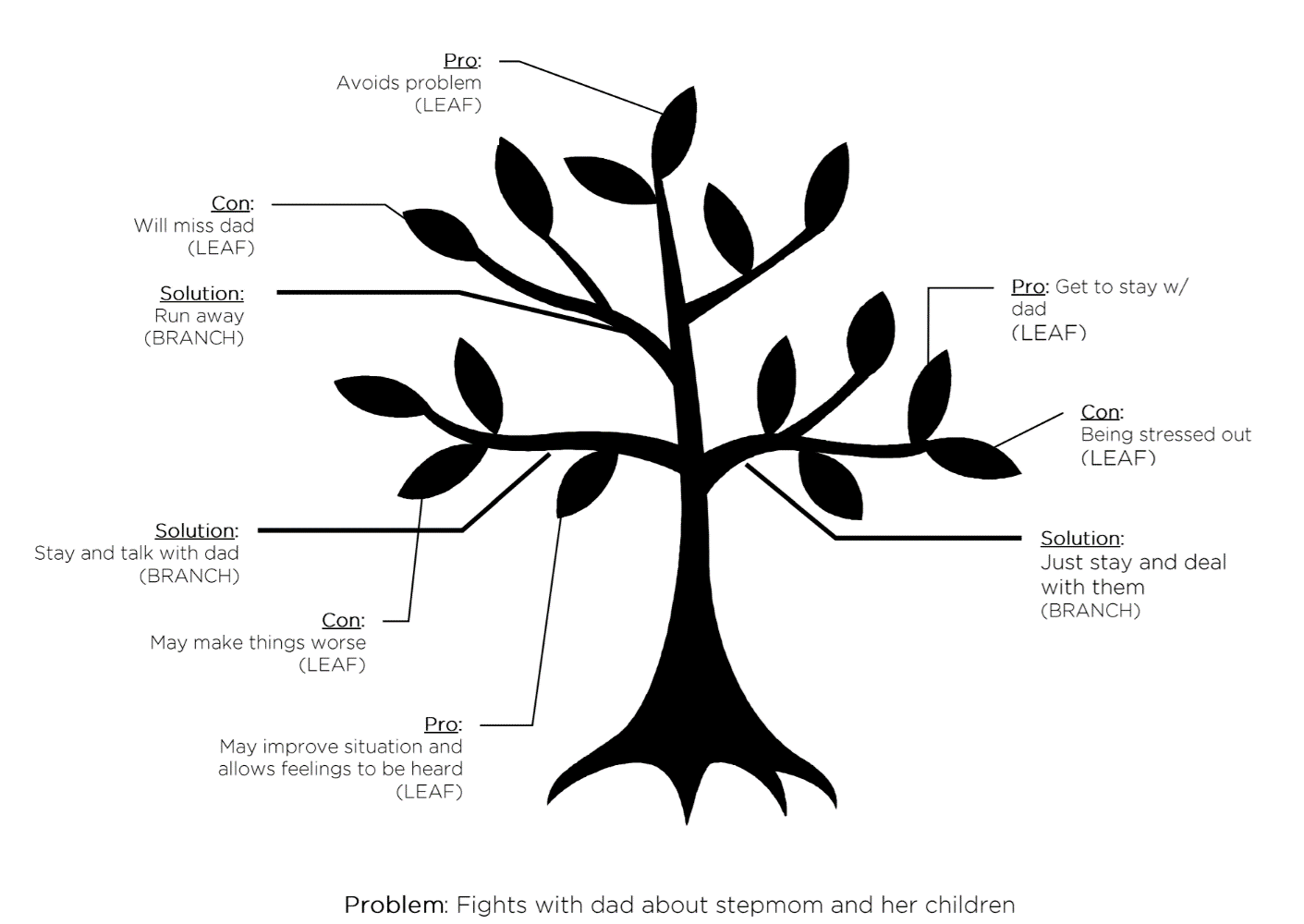
The problem here is “fights with dad about stepmom and her children.” This goes at the root of the decision tree. Possible solutions go on the branches; one could be “stay and talk with dad.” The pros and cons of each solution are the leaves on each branch, so for this example a pro could be “this may improve the situation and allow feelings to be heard” and a con could be “this may make things worse.”
This activity is a great way to help youth with their problem solving skills. This also helps them learn their limits; there are some things in their life that they can control, like their reactions, but others things that are out of their control, such as other people. Learning how to solve a problem and knowing what is in their control can help youth learn how to manage their stress and make a safe decision. These skills along with other ones in this module can teach youth about healthy coping mechanisms for when stressors arise.
Download this activity along with others here. Reach out to Rachel Reynolds, our Outreach and Prevention Specialist, at rreynolds@1800runaway.org if you have any questions about the curriculum.
